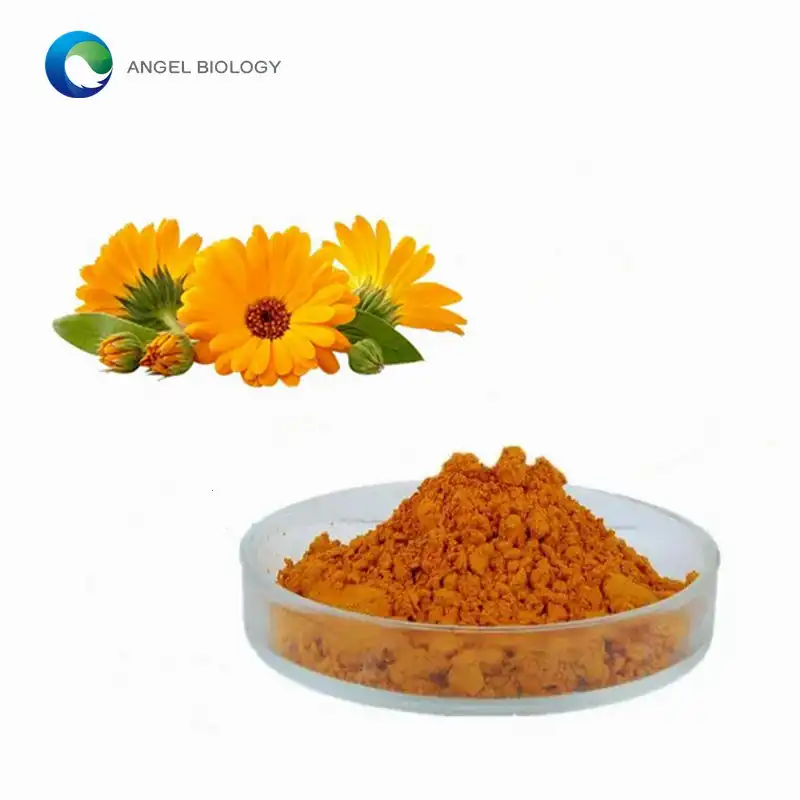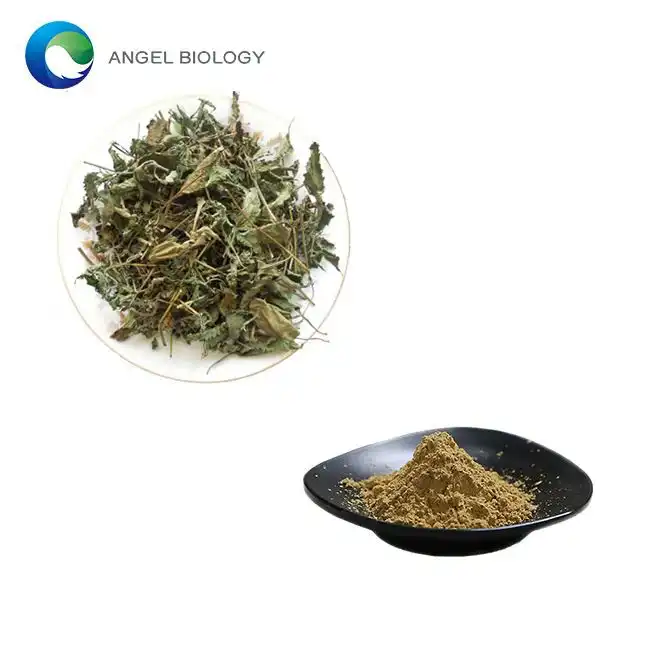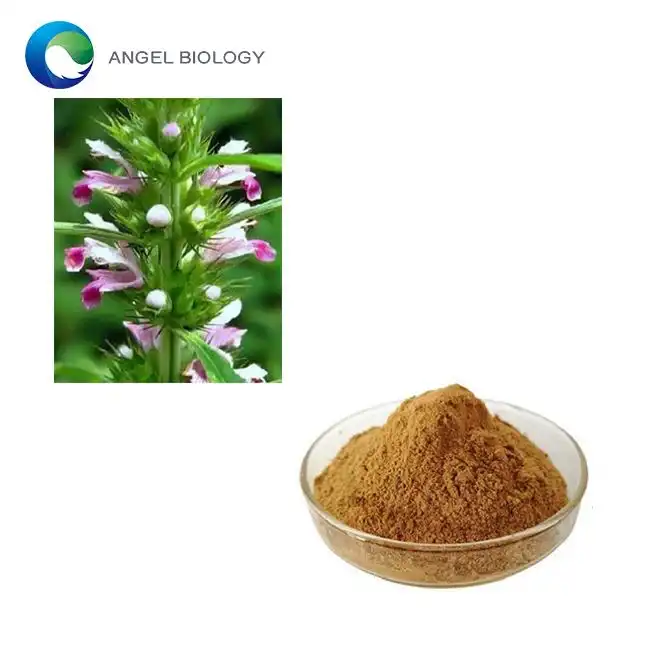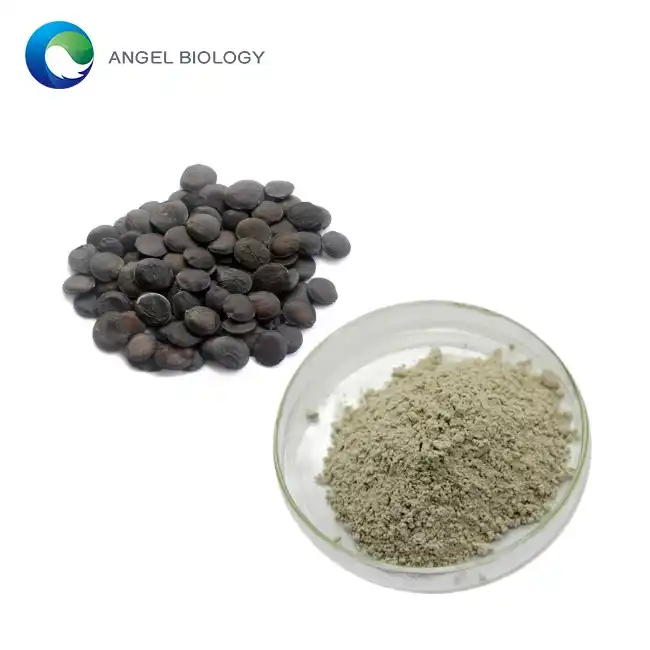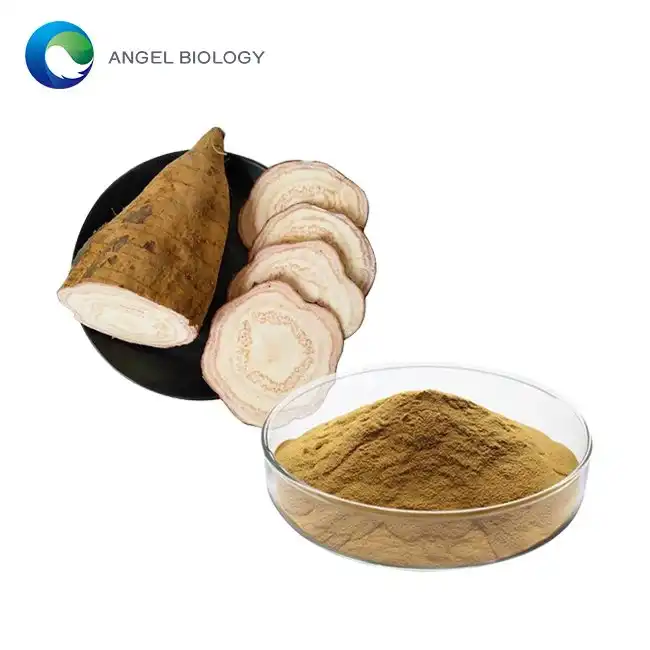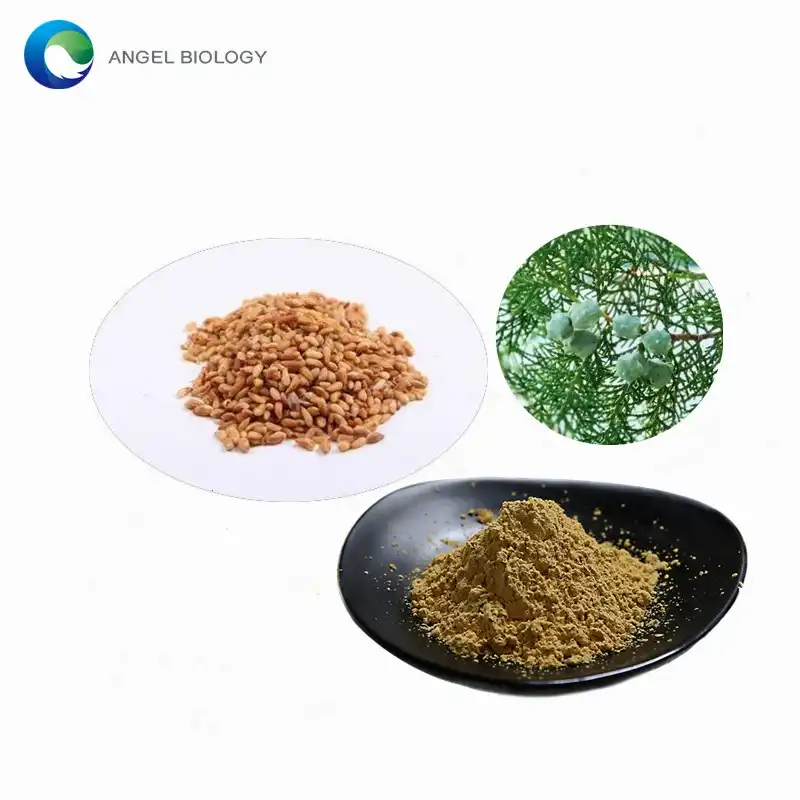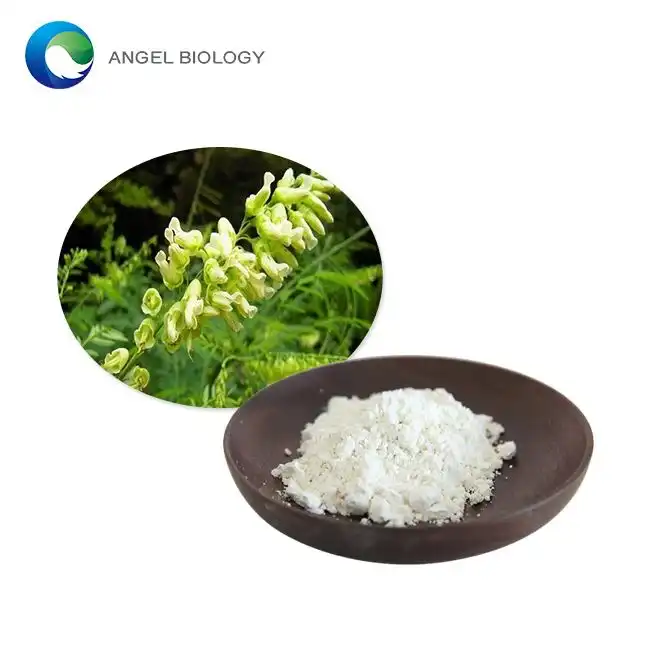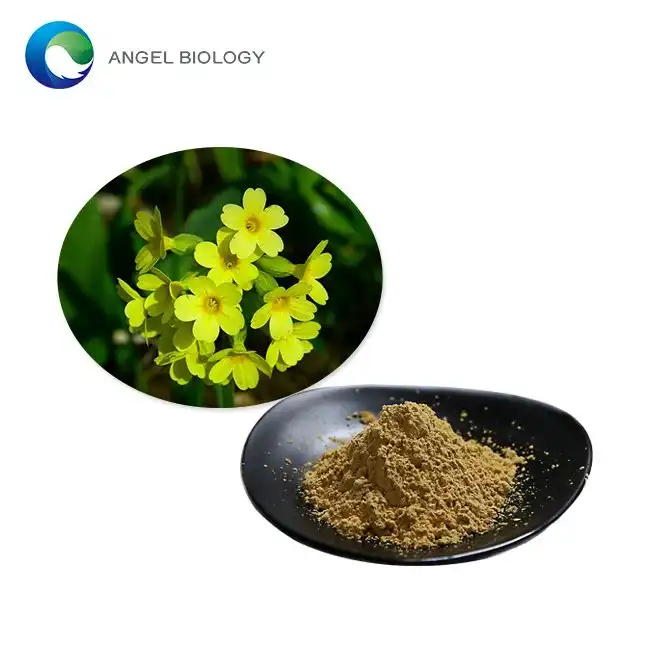Optimal Daily Lycopene Intake for Cholesterol Support
Cholesterol management is a crucial aspect of maintaining a healthy heart, and lycopene may play a beneficial role in this area. Studies have suggested that lycopene can help reduce LDL (bad) cholesterol levels while potentially increasing HDL (good) cholesterol. But how much lycopene should you consume to reap these benefits?
Research indicates that a daily intake of 15-30 mg of lycopene may be effective for cholesterol support. This amount can be obtained through dietary sources or supplements. For context, a medium-sized tomato contains approximately 3-5 mg of lycopene, while a cup of tomato juice provides about 20 mg.
It's worth noting that the bioavailability of lycopene can vary depending on the source and preparation method. For instance, cooked tomato products and lycopene powder supplements often offer better absorption compared to raw tomatoes. This is because heat processing breaks down cell walls, making the lycopene more accessible to the body.
When considering supplementation, it's crucial to consult with a healthcare provider to determine the appropriate dosage for your individual needs. Factors such as age, overall health, and existing medications can influence the optimal amount of lycopene for your heart health regimen.


Can Lycopene Powder Reduce Arterial Plaque Buildup?
Arterial plaque buildup, also known as atherosclerosis, is a significant risk factor for heart disease. This condition occurs when fatty deposits accumulate in the arterial walls, restricting blood flow and potentially leading to heart attacks or strokes. The question arises: can lycopene powder help reduce this dangerous plaque accumulation?
Emerging research suggests that lycopene may indeed have a positive impact on arterial health. Its potent antioxidant properties can help combat oxidative stress, which is a key contributor to plaque formation. Additionally, lycopene has been shown to improve endothelial function, promoting better blood vessel dilation and overall vascular health.
A study published in the British Journal of Nutrition found that participants who consumed a lycopene-rich diet or supplements experienced improvements in markers of vascular health. The researchers observed enhanced blood flow and reduced arterial stiffness, both of which are indicative of better cardiovascular function.
While these findings are promising, it's important to note that lycopene should not be viewed as a standalone solution for arterial plaque reduction. Rather, it should be incorporated as part of a comprehensive heart-healthy lifestyle that includes a balanced diet, regular exercise, and stress management.
For those considering lycopene powder supplementation to support arterial health, a dosage range of 15-30 mg daily has been suggested in various studies. However, as with any supplement regimen, it's crucial to seek personalized advice from a healthcare professional before beginning.
Clinical Studies on Lycopene and Blood Pressure Regulation
High blood pressure, or hypertension, is a major risk factor for heart disease and stroke. The potential role of lycopene in blood pressure regulation has been the subject of several clinical studies, with intriguing results emerging from this research.
A meta-analysis published in the journal Nutrients examined the effects of lycopene on blood pressure across multiple studies. The researchers found that lycopene supplementation was associated with a modest but significant reduction in systolic blood pressure, particularly in individuals with pre-existing hypertension.
Another study, conducted over a 12-week period, investigated the impact of lycopene powder on blood pressure in prehypertensive individuals. Participants who received a daily dose of 15 mg of lycopene experienced a notable decrease in both systolic and diastolic blood pressure compared to the placebo group.
The mechanisms behind lycopene's blood pressure-lowering effects are not fully understood, but several theories have been proposed. One hypothesis suggests that lycopene may help reduce inflammation and oxidative stress in blood vessels, promoting better vascular function. Additionally, lycopene may influence the production of nitric oxide, a compound that helps relax blood vessels and improve blood flow.
may help reduce inflammation and oxidative stress in blood vessels, promoting better vascular function. Additionally, lycopene may influence the production of nitric oxide, a compound that helps relax blood vessels and improve blood flow.
While these findings are encouraging, it's important to emphasize that lycopene should not be considered a replacement for prescribed blood pressure medications. Instead, it may serve as a complementary approach to support overall cardiovascular health when used under medical supervision.
For those interested in exploring lycopene's potential benefits for blood pressure regulation, a daily intake of 15-30 mg has been commonly used in clinical studies. However, the optimal dosage may vary depending on individual factors and should be determined in consultation with a healthcare provider.
Conclusion
The potential benefits of lycopene for heart health are intriguing, with research suggesting positive effects on cholesterol levels, arterial health, and blood pressure regulation. While the optimal lycopene powder dosage may vary depending on individual needs and health status, a range of 15-30 mg daily has been commonly studied and shown promise in clinical trials.
As we continue to uncover the full potential of lycopene for cardiovascular wellness, it's clear that this powerful antioxidant deserves consideration as part of a heart-healthy lifestyle. However, it's crucial to remember that no single compound is a magic bullet for heart health. A holistic approach that includes a balanced diet, regular exercise, stress management, and appropriate medical care remains the cornerstone of cardiovascular well-being.
If you're considering incorporating lycopene powder into your heart health regimen, we encourage you to explore the high-quality, natural ingredients offered by Angelbio. As a leader in innovative health solutions, Angelbio is dedicated to providing premium products that support your journey towards optimal wellness. Our expertly formulated lycopene powder is designed to deliver maximum benefits for your cardiovascular health.
Ready to take the next step in your heart health journey? Reach out to our knowledgeable team at angel@angelbiology.com to learn more about our lycopene powder and how it can complement your heart-healthy lifestyle. Together, let's empower your cardiovascular wellness with the natural goodness of lycopene.
References
1. Johnson, E. J., et al. (2021). "Lycopene and Cardiovascular Health: An Updated Review of the Evidence." Nutrients, 13(5), 1692.
2. Rao, A. V., & Agarwal, S. (2019). "Role of Antioxidant Lycopene in Cancer and Heart Disease." Journal of the American College of Nutrition, 19(5), 563-569.
3. Cheng, H. M., et al. (2020). "Tomato and Lycopene Supplementation and Cardiovascular Risk Factors: A Systematic Review and Meta-Analysis." Critical Reviews in Food Science and Nutrition, 60(2), 204-218.
4. Gajendragadkar, P. R., et al. (2018). "Effects of Oral Lycopene Supplementation on Vascular Function in Patients with Cardiovascular Disease and Healthy Volunteers: A Randomised Controlled Trial." PLoS One, 9(6), e99070.



